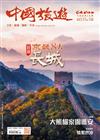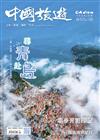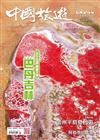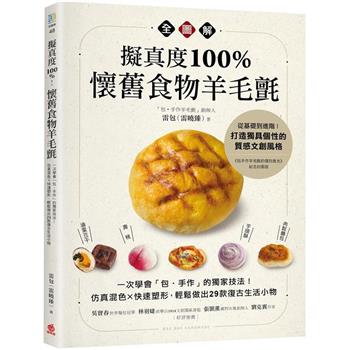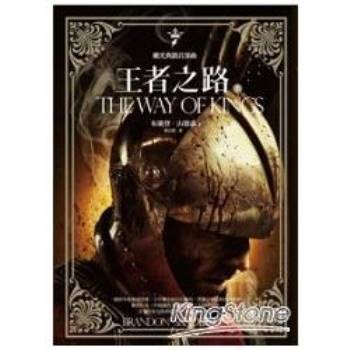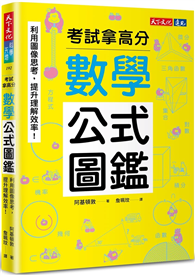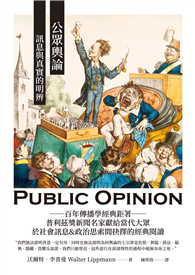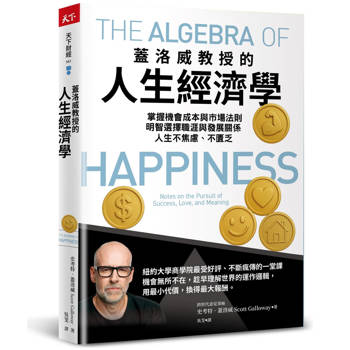China through the Camera Lens combines Chinese language learning with film analysis, offering a unique and comprehensive learning experience beyond traditional methods.
The book consists of twelve chapters, each based on a carefully selected short film or video. Each chapter is divided into a presentation section and a practice section. The presentation includes short narratives illustrated with color screen shots, with vocabulary glossed alongside for easy reference. It also introduces relevant film terms to help students focus on filmmaking techniques as well as the content of the films. The practice sections cover word collocations, near synonyms, word meanings, idiomatic phrases, paragraph structure, topics for class discussion, composition practice, and extended reading. By integrating short films, cultural insights, and film analysis, learners not only enhance their language skills but also gain a deeper understanding of the relationship between film and content.
This book is an innovative and engaging advanced Chinese language textbook that immerses advanced Chinese learners in language and culture through short films and videos.
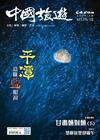
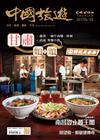
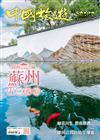
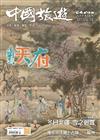
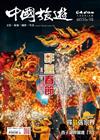
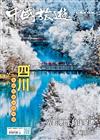

 共
共 